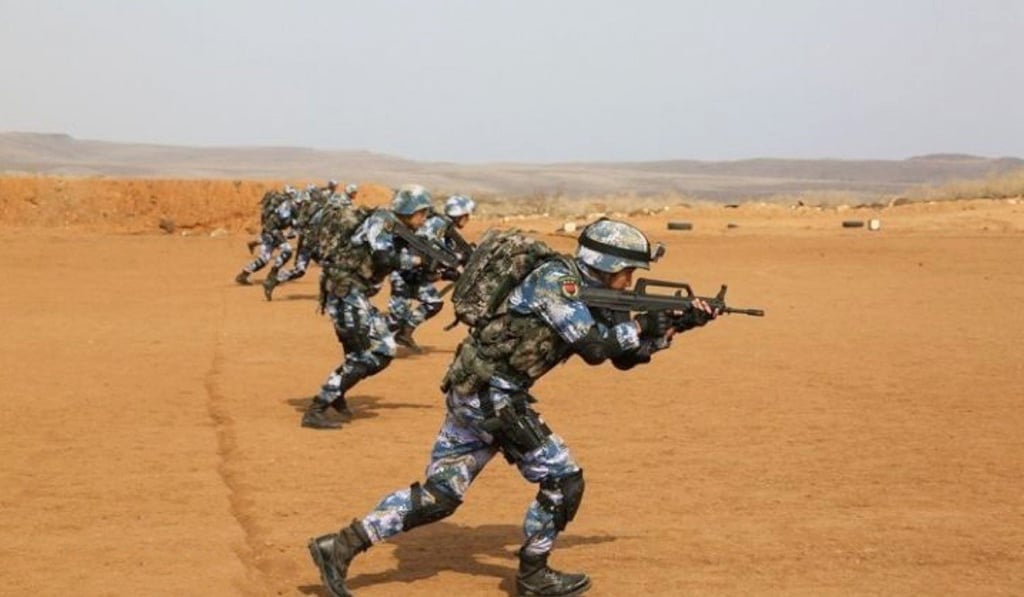China’s military needs checks on power to stamp out corruption, top adviser says
- Accountability central to realising ambitions to be a modern fighting force, professor says

The People’s Liberation Army lacks an effective system of checks and balances to stamp out corruption, a failing that is holding it back from its ambition to become a modern fighting force, according to an influential Chinese defence adviser.
In his latest book, The Victory of Heart, Professor Jin Yinan, former director of the strategic research institute at the PLA’s National Defence University, wrote that there was much that the Chinese armed forces could learn from their Western counterparts, especially in terms of professional management and budget controls.
Jin said on Friday that he was impressed by the high management standards of Western militaries and that was one reason he wrote his book.
The former director was sent to the United States and Britain for exchanges in the 1990s and was widely known for his criticism of the PLA over the years.
Excerpts of the book were posted on a web forum this week, triggering discussions among Chinese military enthusiasts.

The combat readiness of the PLA has been under growing scrutiny, especially since President Xi Jinping early this year ordered the military to improve training and step up preparation for war.